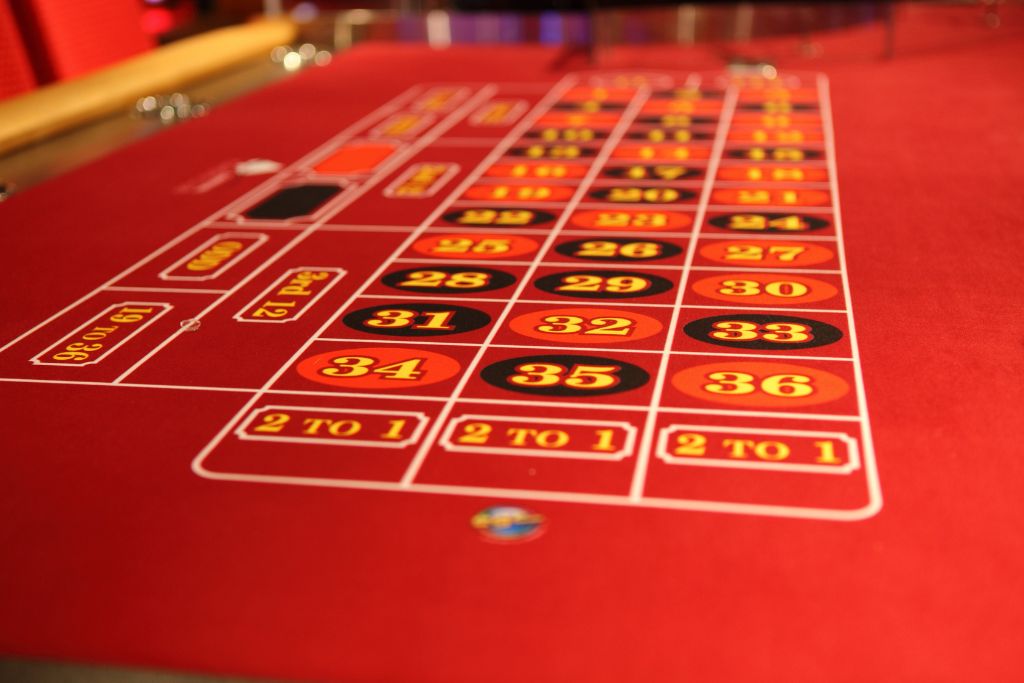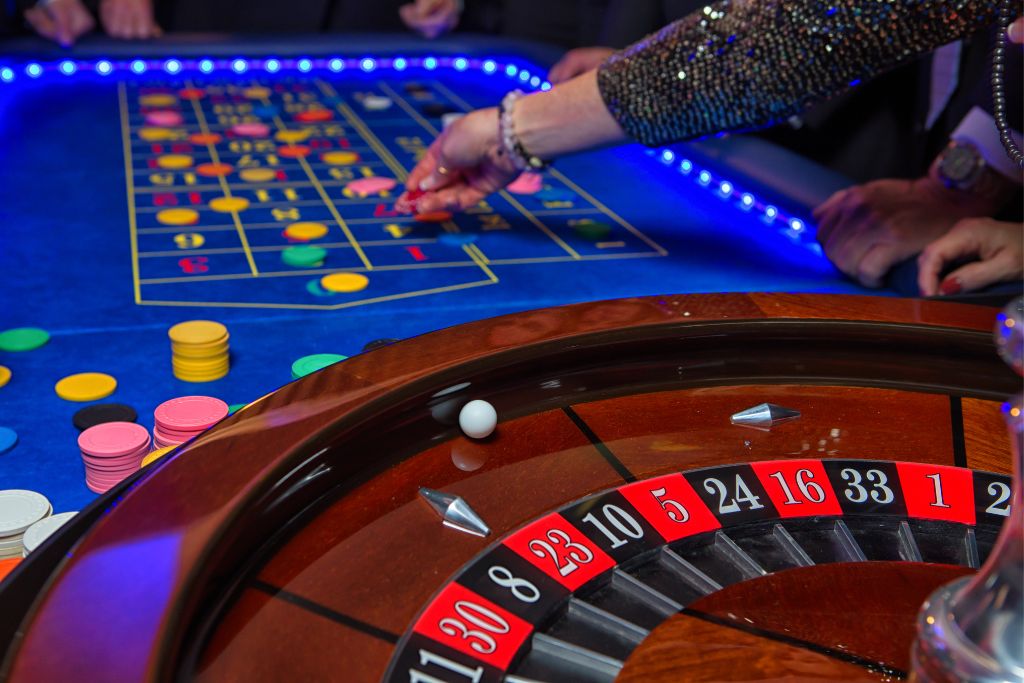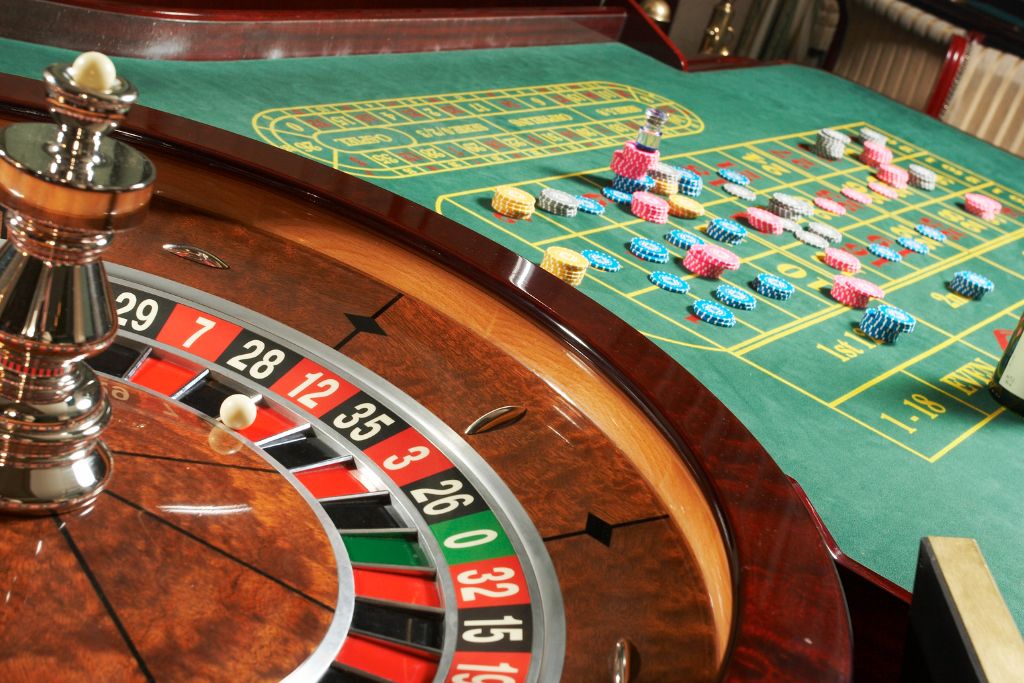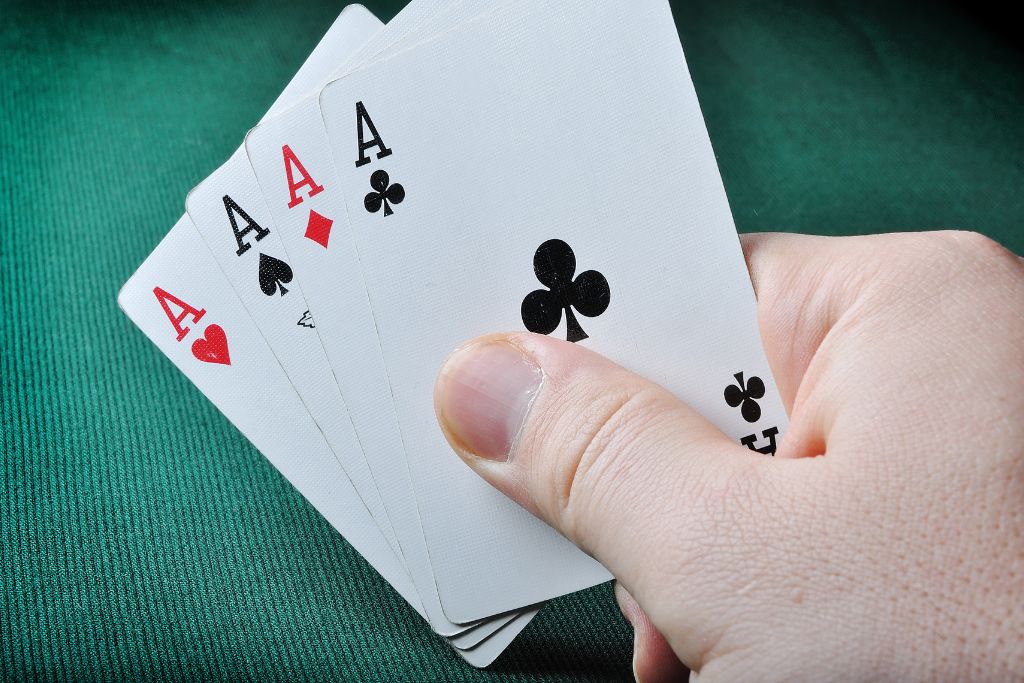Understanding the Role of Probability and Odds in Roulette Strategy
Welcome to the thrilling world of roulette! Whether you’re a seasoned player or just dipping your toes into this iconic casino game, understanding the role of probability and odds is crucial for developing a winning strategy. In this blog post, we’ll take an exciting dive into the fascinating realm where numbers and chance intertwine to determine your fate at the roulette table. So, buckle up and get ready to unravel the mysteries behind probability and odds in roulette strategy—it’s time to stack those chips in your favor!

The Basics of Probability in Roulette
When it comes to playing roulette, understanding the basics of probability is essential. Probability refers to the likelihood of an event occurring, and in roulette, it helps determine your chances of winning or losing. So, how does probability work in this popular casino game?
In simple terms, a roulette wheel consists of 37 or 38 numbered pockets, depending on whether you’re playing European or American roulette. The numbers range from 0 to 36 (or include an additional double zero). Each pocket has an equal chance of being the outcome for each spin.
Let’s take a look at an example: if you bet on a specific number like 7 and there are 37 numbers on the wheel (European version), your probability of winning would be calculated as one divided by thirty-seven. This means that your odds are approximately 1 in 37.
Furthermore, understanding probability can also help you make more informed betting decisions based on risk-versus-reward analysis. For instance, if you place bets with higher probabilities, such as red/black or odd/even, which have close to a 50% chance of winning but lower payouts when compared to betting on individual numbers,
It’s important to note that while probability can provide insights into possible outcomes and inform strategic decisions, it doesn’t guarantee success every time. Roulette remains primarily a game of chance, where luck plays a significant role.
By having a solid grasp of the basics of probability in roulette, players can approach their gameplay more strategically and make informed decisions about their bets based on likelihood rather than mere guesses. Understanding these fundamentals can enhance the overall gambling experience and potentially increase one’s chances of securing wins!
Calculating Odds in Roulette
When it comes to playing roulette, understanding the odds is crucial. The odds represent the probability of a particular outcome occurring, and knowing how to calculate them can greatly enhance your strategy.
To calculate the odds in roulette, you need to know two key pieces of information: the total number of possible outcomes and the number of favorable outcomes. For example, if you are betting on a single number in American roulette (which has 38 numbers), there is only one favorable outcome out of 38 possible outcomes. Therefore, the odds would be 1 in 38.

But what about other types of bets? Let’s say you’re betting on red or black. In this case, there are 18 red numbers and 18 black numbers on the wheel (excluding the green zero). So your chances of winning would be 18 out of 38, or approximately 47.37%.
It’s important to note that while calculating odds can give you an idea of your chances of winning, it doesn’t guarantee success. Roulette is still a game based on luck, so even with favorable odds, you may still lose.
However, understanding how to calculate odds can help inform your betting decisions. If you have a higher probability of winning with certain bets, such as outside bets like red/black or odd/even, it might be wise to focus more on those rather than riskier inside bets.
Remember that each bet carries its own set of probabilities and corresponding payouts. By carefully considering these factors and planning your bets accordingly based on calculated odds, you can maximize your chances for success at the roulette table.
In conclusion,
Calculating odds is an essential aspect of developing a successful roulette strategy. By understanding how probability works and applying it effectively through calculating accurate odds ratios for different types of bets in various forms, whether they involve single numbers or colors, players gain valuable insights into making intelligent choices during gameplay sessions without relying solely on luck alone. When armed with this knowledge, players can make more informed decisions
Using Probability and Odds in Roulette Strategy
When it comes to playing roulette, understanding probability and odds can greatly enhance your strategy. By analyzing the likelihood of certain outcomes and calculating the potential payouts, you can make more informed decisions at the table.
Probability is a key concept in roulette strategy. It refers to the likelihood of a specific outcome occurring. For example, if you place a bet on red, there is a 48.6% chance that the ball will land on a red number. Calculating probabilities allows players to assess their chances of winning and adjust their bets accordingly.

Odds, on the other hand, represent the ratio between the desired outcome and all possible outcomes. In roulette, odds are typically expressed as ratios or fractions. For instance, if you have an inside bet with odds of 35:1 for hitting a single number, this means that for every dollar wagered, you could potentially win $35.
By combining knowledge of probability and odds with sound betting strategies such as Martingale or Fibonacci systems, players can increase their chances of success at the roulette table. These strategies involve adjusting your bets based on previous outcomes or mathematical progressions.
However, it’s important to remember that while using probability and odds can improve your overall strategy in roulette, they do not guarantee consistent wins. The game still relies heavily on chance, and luck plays an undeniable role.
In conclusion (not conclusive), mastering probability calculations and understanding how odds work is crucial when developing an effective roulette strategy. It allows players to make more educated decisions about where to place their chips and how much to wager based on calculated risks rather than blind luck alone
Common Mistakes to Avoid in Roulette Strategy
When it comes to playing roulette, having a solid strategy is crucial for maximizing your chances of winning. However, many players make common mistakes that can hinder their success at the table. Here are some key pitfalls to avoid when developing your roulette strategy.
One mistake that players often make is relying too heavily on betting systems or strategies that claim to guarantee consistent wins. While these systems may sound promising, they are often based on flawed logic and do not account for the inherent unpredictability of the game.

Another common mistake is chasing losses by increasing bets after a losing streak. This can quickly lead to significant financial losses and does not increase your odds of winning eventually. It’s important to set limits and stick to them, regardless of whether you’re experiencing a hot streak or a cold one.
Additionally, many players neglect proper bankroll management when playing roulette. It’s essential to allocate a specific amount of money for each session and never exceed that limit, no matter what happens during gameplay.
Impatience is yet another pitfall in roulette strategy. Some players believe in patterns or trends emerging from previous spins and start placing large bets based on these perceived patterns. However, each spin is an independent event with its own unique outcome, so it’s best not to rely on past results when making future bets.
Emotional decision-making can be detrimental to roulette strategy. When emotions come into play, rational thinking goes out the window, leading players towards impulsive choices instead of strategic ones.
By avoiding these common mistakes and focusing on probability and odds instead, you’ll have a better chance at developing an effective roulette strategy that increases your overall chances of winning over time.
Advanced Strategies for Maximizing Probability and Odds
Now that we have covered the basics of probability and odds in roulette, it’s time to explore some advanced strategies for maximizing your chances of winning. These strategies are designed to take advantage of the probabilities and odds inherent in the game, giving you an edge over other players.
One such strategy is called the Martingale system. This system involves doubling your bet after every loss, with the idea that eventually you will win back all your previous losses plus a profit. While this strategy can be effective in theory, it does come with its own risks. If you hit a losing streak, you could end up betting large amounts of money to recoup your losses.

Another popular strategy is known as the Fibonacci sequence. In this strategy, each bet is calculated based on adding together the two previous bets in the sequence. The idea behind this approach is that even if you experience several losses in a row, one win will be enough to make up for them all.
Additionally, there are more complex betting systems like Labouchere and D’Alembert, which involve specific patterns or progressions of bets based on wins and losses.
However, it’s important to remember that no matter how well-thought-out a roulette strategy may seem, there is always an element of luck involved. Roulette is still a game where luck rather than skill or strategy alone determines the results.
In conclusion (without using those exact words), understanding probability and odds can certainly enhance your overall roulette experience by allowing you to make informed decisions about your bets. By knowing how these concepts work and utilizing different strategies effectively, you can increase your chances of walking away from the table as a winner.
So next time you’re at a casino or playing online roulette games like 888 Casinos European Roulette Pro, put your knowledge into action! Remember to gamble responsibly and enjoy taking calculated risks while embracing both probability and luck in this exciting casino classic.


